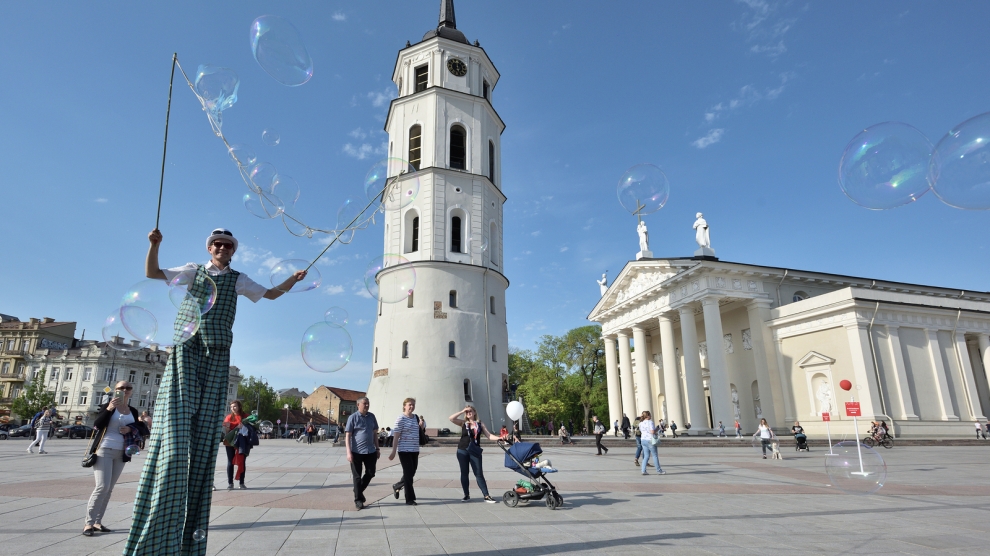Lithuania’s new president has launched a call for contributions on the development of the country’s new cultural policy. This includes welcoming representatives from various institutions and communities to ensure that differing perspectives bring about an innovative and rounded cultural policy framework.
“The goal is to exchange opinions about the law, and discuss which legal provisions should be amended. The presidential office’s role is that of a moderator,” Antanas Bubnelis, advisor to the president, Gitanas Nausėda, told BNS Lithuanian. He further stated that these experts have been consulted to avoid any errors in policy making, ensuring the most appropriate policy framework for the country.
A second meeting is planned for later on in August, with the aim to develop and debate the historical and heritage aspects of policy. “The president believes, first of all, discussions are necessary on how to immortalise heritage to ensure smooth and constructive resolution of these issues,” the representative of the presidential communication group said, according to the Baltic Times.
This comes after the ministry of culture completed the cultural policy strategy in late June, after consultation with various civil groups, as well as the College of the Ministry of Culture and the Lithuanian Council of Culture and the Arts. This pattern of consultative policy making is key in ensuring that the most appropriate policy for all Lithuanian citizens is put forward, communicating with those it will affect the most. In its draft of the policy, the ministry worked with representatives of theatres, concert halls, cultural centres, museums and others to ensure a thorough understanding of the policy’s impacts.
“Without the cultural factor, the modern development of political democracy, economic growth, social harmony and the full life of every Lithuanian citizen is impossible, ” Minister of Culture Mindaugas Kvietkauskas said, emphasising the importance of national investment in cultural values and heritage, as well as the promotion of patronage within Lithuania and abroad.
The policy also outlined plans for an assurance that wages for cultural workers will be treated consistently in line with wage increases for other public sector employees.
After the conclusion of discussions at the presidential office on the ministry of culture’s draft framework, the policy will be put forward and voted on in the Seimas, Lithuania’s parliament. The policy will detail changes of the Lithuanian cultural sector up to the year 2030.






[…] Lithuania's new president has launched a call for contributions on the development of the country's new cultural policy. This includes welcoming …Read more […]